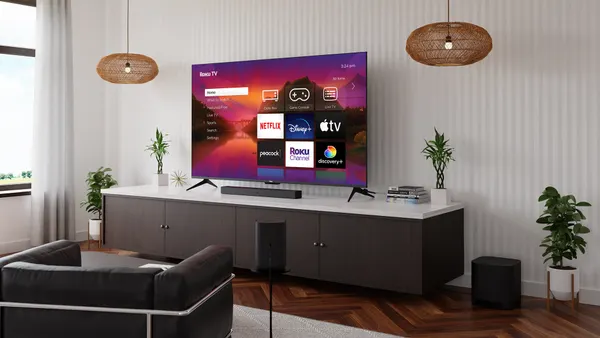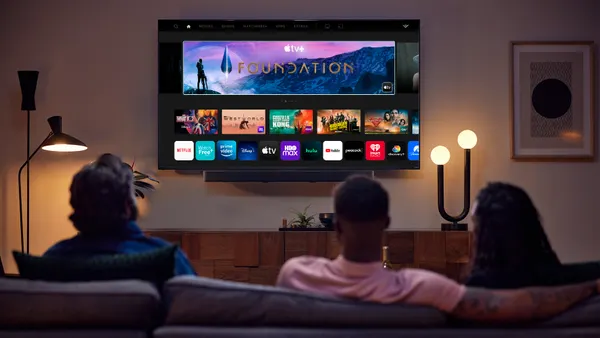Dive Brief:
- Artificial intelligence (AI) and automation technologies will lead advertising agencies to handle more tasks with fewer workers in 2021, Forrester Research predicted in a report shared with Marketing Dive. The researcher forecast the trends will continue into next decade, with 11% of creative and media agency tasks expected to be automated by 2023 and 23% of the overall agency to be automated by 2032, as these technologies extend their reach into areas like finance, HR and account management.
- The agency landscape will start to look different as the number of small- and mid-sized marketing, ad tech and martech providers grows by at least 5%, Forrester predicted. Entrepreneurialism will flourish as agencies shed workers, flooding the marketplace with creative talent that will establish new businesses to deliver agency and marketing services.
- Marketplace trends are expected to also impact how agencies work with brand marketers. Forrester predicts a 10% in the number of agencies and consultancies that support not just CMOs but the broader c-suite as agencies diversify into new areas of expertise like tech and e-commerce and offer their creative thinking to a broader array of leaders within a business.
Dive Insight:
Advertising agencies will continue to experience significant disruption next year as the coronavirus pandemic forces their clientele to be more resourceful in their marketing campaigns. The health crisis not only has had a profound effect on global economic conditions, but it also has changed the way that agencies operate. In its forecast, Forrester echoed an earlier prediction that U.S. agencies will shed 52,000 jobs through 2021 and the major holding companies will lay off or furlough 49,000 employees globally. With fewer workers, agencies will increase their investment in AI and automation to handle a greater range of tasks. Meanwhile, many of those displaced professionals will start new businesses that drive marketing innovation into the next decade, Forrester predicted.
Amid the technological disruptions, agencies will elevate Chief People Officers to a strategic role, helping to oversee a transformation in organizational cultures and assembling a "dream team" of creative, media, data, design and technology professionals to serve marketers, per Forrester.
The growing importance of a Chief People Officer at ad agencies reflects the major disruptions in the way that people will continue to work next year as well as the need to address agencies' lingering reputation for workplace cultures that don't embrace inclusivity and promote working overly long hours. The pandemic has made the human resources department more essential to companies that must coordinate remote-work arrangements among employees and the information technology (IT) department, revamp budgets with the finance and accounting department and change the way employees are acquired and trained. Employee wellness also will be a key concern as people work from home, exposing themselves to potential injury that may be the responsibility of a company, according to Forrester.
Forrester's latest predictions follow a report this week that forecast business-to-consumer (B2C) marketers will boost spending on loyalty and retention marketing by 15% next year while cutting back on product- or performance-based marketing. That shift is likely to mean that agencies and ad tech companies with expertise in loyalty programs will see greater demand for their services. Those services include specialties in predictive analytics and "moments-based messaging" that support marketing efforts to reach consumers by email and push notifications on mobile devices. These marketing programs are easier to measure than other kinds of sponsorships, making them a key priority for agency clients.












